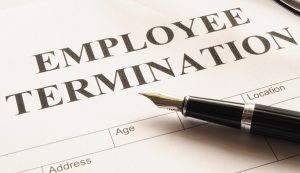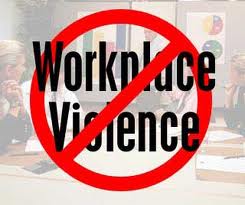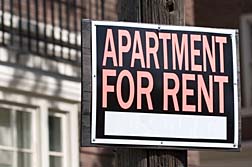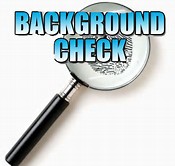 Loss prevention is typically associated with retailers and businesses that sell tangible goods. However, the problem also affects businesses of other types as well. In addition to the theft of physical inventory, loss can occur in the monetary sense. In fact, every business that has employees or allows anyone other than the owners to access computer systems and cash registers is susceptible to potential losses.
Loss prevention is typically associated with retailers and businesses that sell tangible goods. However, the problem also affects businesses of other types as well. In addition to the theft of physical inventory, loss can occur in the monetary sense. In fact, every business that has employees or allows anyone other than the owners to access computer systems and cash registers is susceptible to potential losses.
Types of Business Losses
In addition to the loss of physical merchandise, such as clothing and household goods, there are many other forms of losses. Restaurants, coffee shops and markets much be alert for the loss of food products. Other businesses which conduct financial transactions must be vigilant for the loss of money or the lack of reporting of sales. These business losses occur in three major ways including internal employee theft, external theft by customers or strangers and loss due to errors in accounting or sales processes.
Spotting the Signs of Loss
Spotting the signs of these various types of losses requires that owners look for specific indicators.
Internal employee theft can be identified by:
- Missing cash from registers
- Unexplainable refunds or voids in sales transactions
- Unusual or frequent discounts applied to sales transactions
- Individuals who hang around but only purchase from a certain employee
The signs of external theft are slightly easier to identify and include:
- Missing merchandise
- Empty hangers or empty packaging with no product inside
- Inventory audits that reveal a substantial numbers imbalance
Errors are a common cause of loss at all types of businesses and can be identified by the following:
- Employee’s assigning improper coding numbers to sales or transactions
- Not checking shipments to ensure that the proper merchandise is delivered
- Improper discounting of merchandise or sales transactions
Stopping Losses
Stopping losses requires various monitoring methods. One of the most effective is security cameras. Cameras stop both external and internal theft if mounted above sales registers or computer terminals. In addition, business owners must initial regular weekly audits of transactions. Ensure that there are no missing cash register tapes and that all computerized transactions are tracked via individual employee identification numbers.













